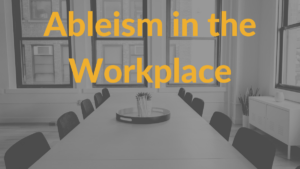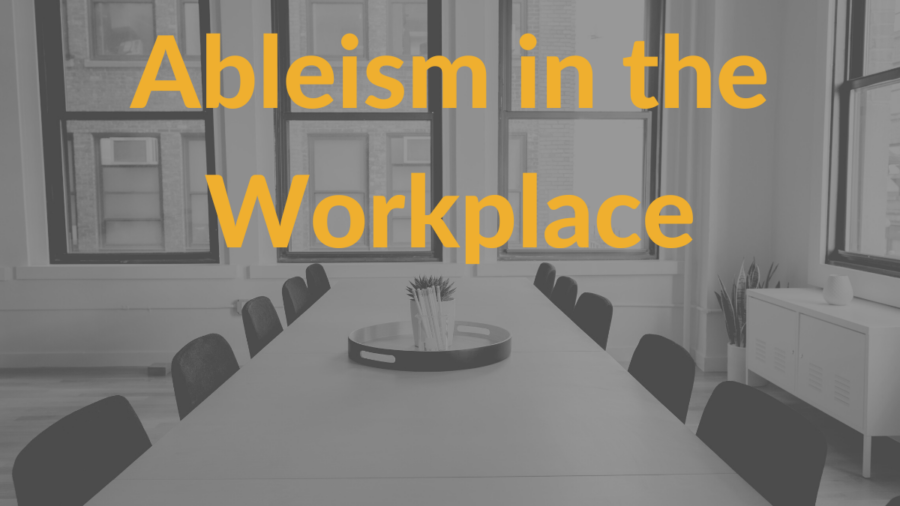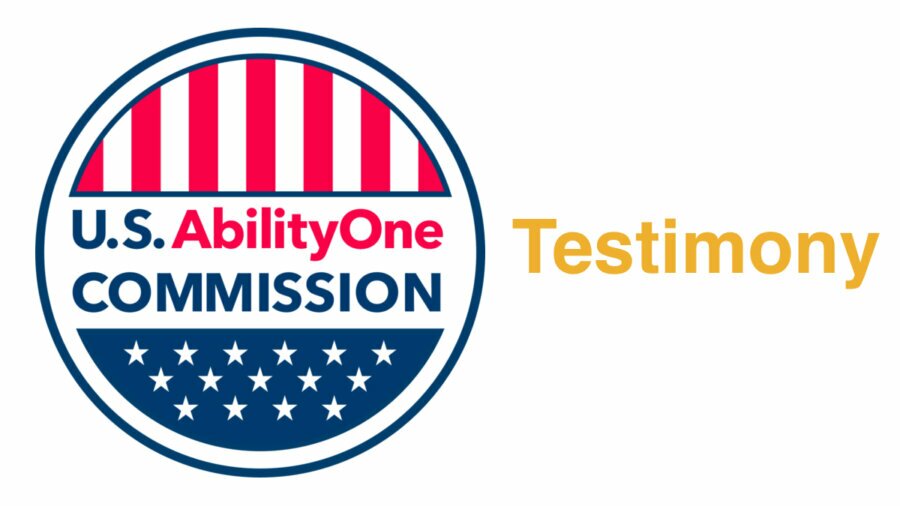Oklahoma City, OK, April 28 – This week, the Governor’s Council for Workforce and Economic Development (GCWED) met to discuss the status of workforce practices in Oklahoma. In response to this meeting, RespectAbility, a national, nonpartisan nonprofit organization, submitted testimony on how to implement best practices, advocate for greater inclusion and improve the standing of people with disabilities in the workforce.
“When it was passed with broad, bipartisan support in 2014, the Workforce Innovation and Opportunity Act (WIOA) invested unprecedented resources into efforts to get people with barriers to employment into the labor force,” said Olegario “Ollie” Cantos VII, RespectAbility’s Chairman. “Now, after the pandemic that has reshaped our economy, it is time to devote significant attention to supporting the economic advancement of students, job-seekers, and entrepreneurs with disabilities.”
There are more than 373,359 working age (18-64) Oklahomans living with some form of disability. Before the pandemic, 37.8 percent of the working age population of people with disabilities were employed. It is critical that Oklahoma’s Workforce Development Board listen to the individuals with disabilities and advocates impacted by these unemployment rates. In order to make the workforce more inclusive, and to find practical ways to make the workforce more accessible for the entire population, RespectAbility collects, summarizes, and publicizes ideas on key workforce solutions. To learn more about RespectAbility’s advocacy work, please visit our Policy website. [continue reading…]
 In the United States, workplace opportunities for people with disabilities have greatly expanded, and there’s more enlightenment toward people with disabilities. But there are still problems with ableism in the workplace.
In the United States, workplace opportunities for people with disabilities have greatly expanded, and there’s more enlightenment toward people with disabilities. But there are still problems with ableism in the workplace.





 As an employer, there are many ways you can improve the accessibility of your workplace for disabled workers, and one of the biggest is having flexible telework policies.
As an employer, there are many ways you can improve the accessibility of your workplace for disabled workers, and one of the biggest is having flexible telework policies.
 Disability is a set of barriers that society places on people whose bodies work differently. While disability is an extension of the human experience and spectrum of human abilities, the stigma and negative expectations of the disabled body contribute to othering. Inclusive employer policies are an important aspect of the rehabilitation of disabled people into the workforce. Many disabled people are able and willing to work but face unsurmountable stigma and non-inclusive policies from employers.
Disability is a set of barriers that society places on people whose bodies work differently. While disability is an extension of the human experience and spectrum of human abilities, the stigma and negative expectations of the disabled body contribute to othering. Inclusive employer policies are an important aspect of the rehabilitation of disabled people into the workforce. Many disabled people are able and willing to work but face unsurmountable stigma and non-inclusive policies from employers.










